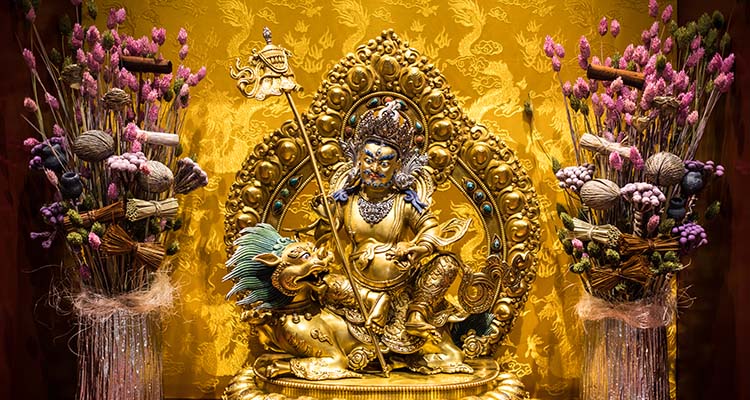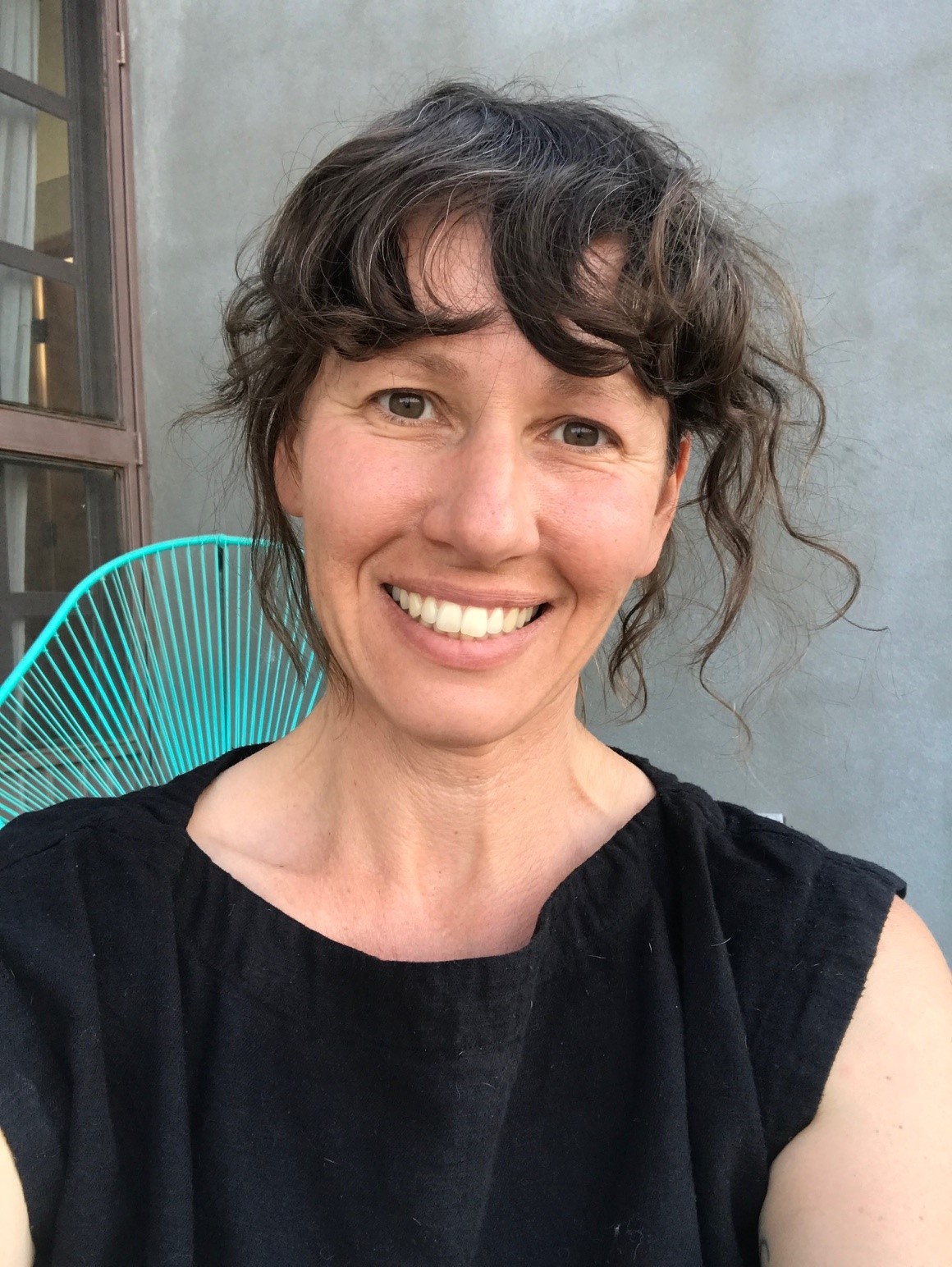The Significance of Reincarnation
Category: Buddhist Path

Right View and Reincarnation: The Connection to Laws of Karma
The principle of reincarnation, also framed as rebirth or the existence of past and future lives, is central to Buddhist teachings. According to the Buddhist world view, we currently live in samsara, a cyclic existence in which our habitual actions in this life propel us toward rebirth in the next life. By acting in meritorious ways, we increase the likelihood of a favorable rebirth. Or, we can end the cycle, escape samsara and enter nirvana by following the noble eightfold path.
The idea that each of us has had countless previous lives, or that we’re destined to be reborn again for all eternity can be tough to wrap our heads around. After all, we don’t remember our past lives, and may have conflicting views about what happens after death. But understanding the principle of reincarnation is essential if we’re to make sense of the entirety of the Buddhist path.
The first element of the noble eightfold path is the directive to sustain right view. To hold right view is to remember that each and every one of our actions has consequences. According to the laws of karma, meritorious behavior plants positive seeds that ripen into beneficial results. Behave badly, and we’ll plant negative seeds, which can only grow into negative consequences.
Karma is not separate from the belief in reincarnation. In fact, the two depend on each other. To reject the concept of past and future lives is to reject the grounds on which karma operates. For karmic seeds can ripen in this life, in the next life, or in any life after that.
Reincarnation is a pragmatic teaching. Wanting to achieve a favorable re-birth can motivate us to behave ethically—especially, if that re-birth might take place at any moment.
Where Will We Be Reborn?
What exactly gets reincarnated and where is the subject of great philosophical debate. Broadly, there are six potential realms into which we could be born. These realms may describe Buddhist cosmology, a psychological state of mind, or different aspects of our human existence. As you read through the six realms below, consider which you’re living in right now.
God Realm: In this pleasure realm a billionaire class has everything they could possibly dream of. They don’t have to work and only play. But their pleasure leads to attachment. What’s more, they constantly battle with the demi-gods, who wish to overthrow them and take their place. This realm, like all others, is impermanent.
Oblivious to the suffering of others and having spent no time on spiritual development, the gods realize too late that when their time here is up, they have gathered no merit and are destined to be reborn in a lower realm.
Demi-God Realm: Sometimes known as the asuras or jealous god realm, these pleasure-seeking beings are characterized by aggression and anger. They are constantly fighting the gods, clamoring for a better position. Here too, the inhabitants accumulate karma and are reborn accordingly.
Human Realm: This is the only realm of the six which offers the opportunity to escape from samsara. As such, it’s supremely fortunate to have been reborn in this human realm. Those who are aware of this fortune and determined to make the most of it have the capacity to develop the wisdom and compassion that will ultimately free them from the cycle of rebirth.
Animal Realm: The animal realm is characterized by ignorance and dullness. Recall, for example, the hours of each day that most animals spend sleeping. Animals are driven by instinct, concerned merely with basic survival, seeking pleasure and avoiding suffering.
Hungry Ghost: The hungry ghost is an insatiable being with an enormous stomach but a mouth and throat that’s far too small to allow nourishment to pass through. They suffer immeasurable frustration, as they are destined to remain restless and discontent, driven by craving.
Hell Realm: Killing, stealing, sexual misconduct, lying and the rest can throw us into the hell realm, a place of extreme, unbearable hot or cold. Here, there is no escape from the intensity of our most poisonous emotions, greed, hatred and delusion.
Each of us has lived many lives, even within this one. We may be living as gods or demi-gods right now, perhaps we’ve spent time as a hungry ghost, or have felt the pain of a hell realm. But it is only as a human that we can meditate on reincarnation. By doing so, we gain perspective on how death and rebirth take place not just from one life to the next, but from moment to moment. It’s only as a human that we can purposefully break the cycle.
Breaking the Karmic Cycle
Each of us lives in a world that’s been shaped by past actions. And so each time we’re reborn, we arrive carrying the momentum of the past. But with meditation and the resulting awareness, we can free ourselves from fate. When we’re no longer compelled to act habitually, we will have stepped outside the cycle. From there, we may choose to step back in, only to help free others.
When we meditate on death and impermanence, we see that everything is always changing. We are dying small deaths in each and every moment. Far from being something to fear, this truth gives us great hope. At any moment we could be reborn, or become free and exit the cycle all together.
Reincarnation then, is perhaps less about hoping for a brand new life next time, and more about embracing the uncertainty of this life in the most practical way possible—by doing our best to act ethically, with kindness and compassion.








